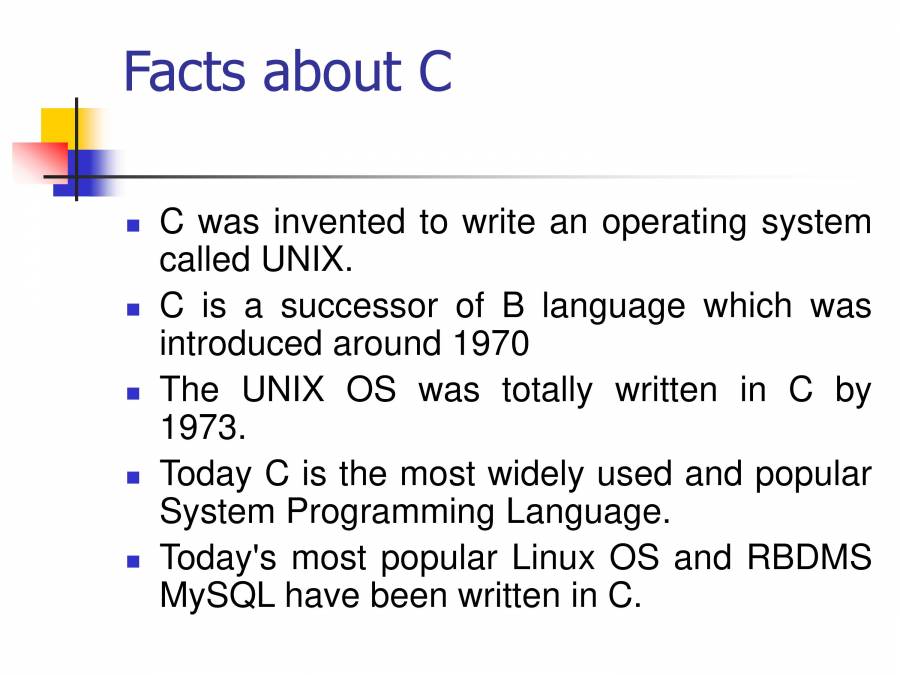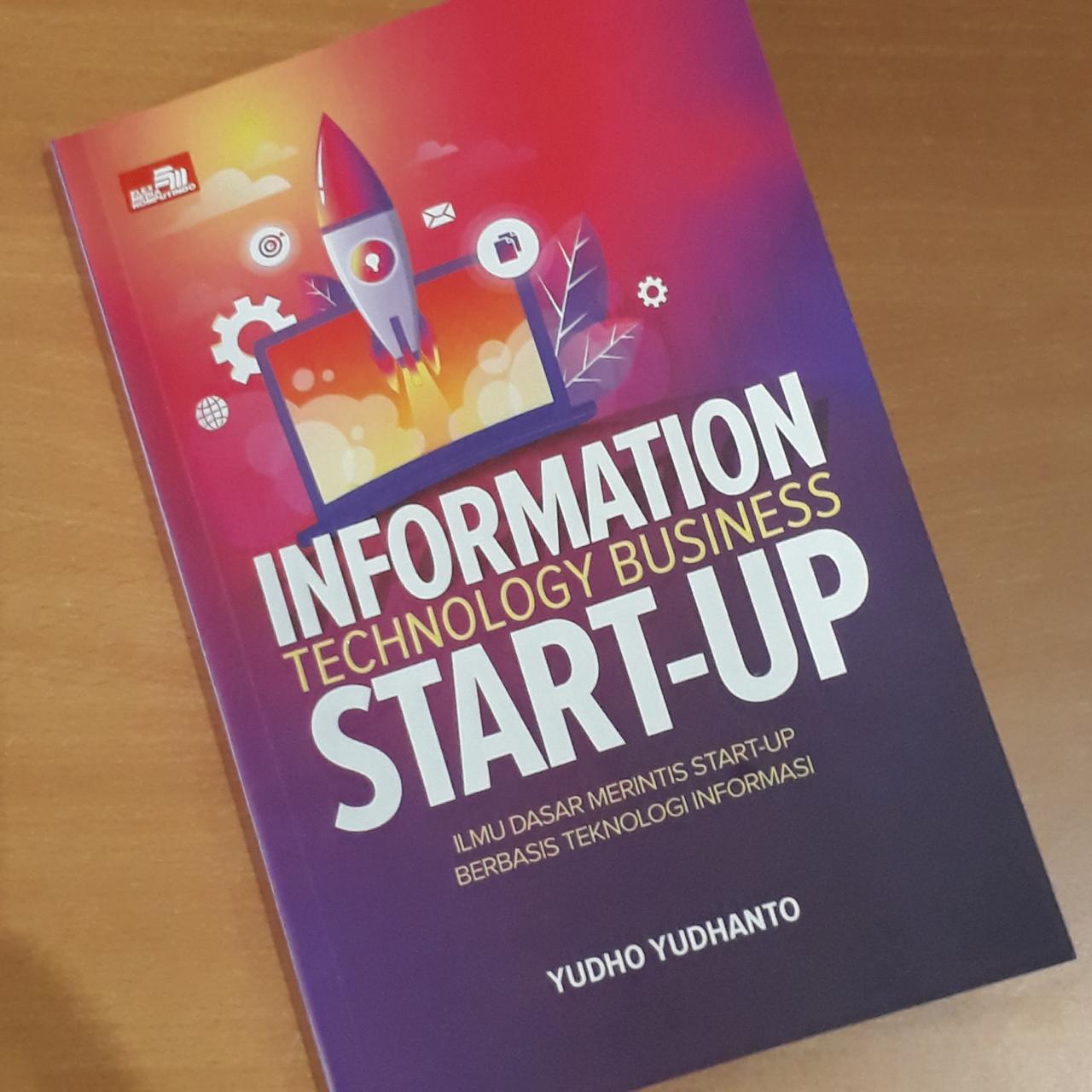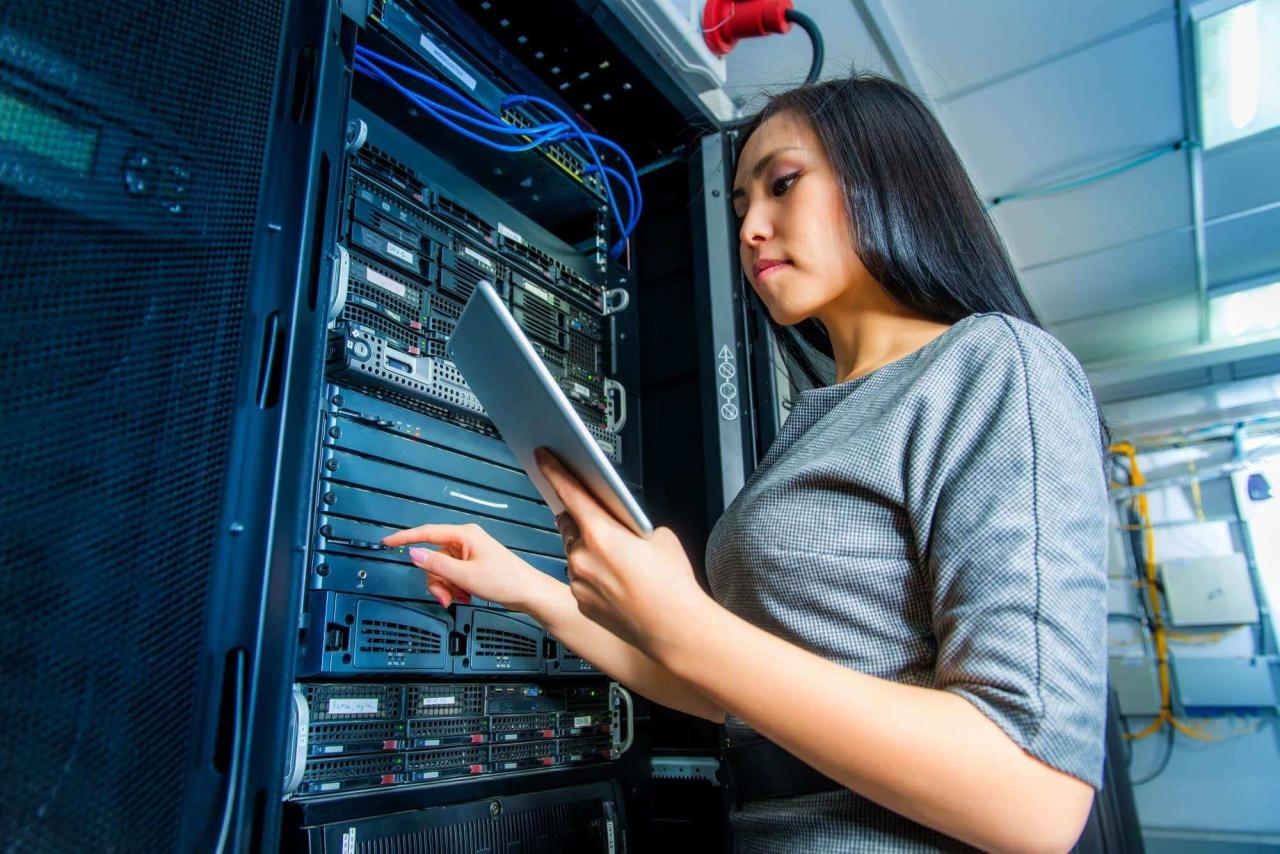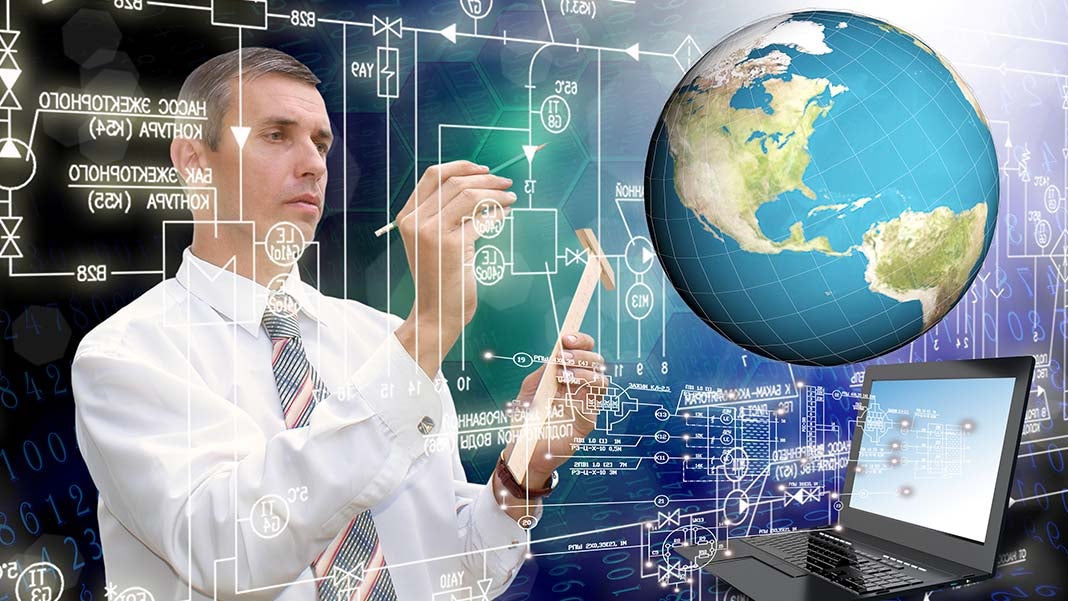Hotel Technology Companies: Shaping the Future of Hospitality
Hotel technology companies are revolutionizing the hospitality industry, transforming the way hotels operate and guests experience their stays. The rise of these companies has been fueled by the increasing demand […]
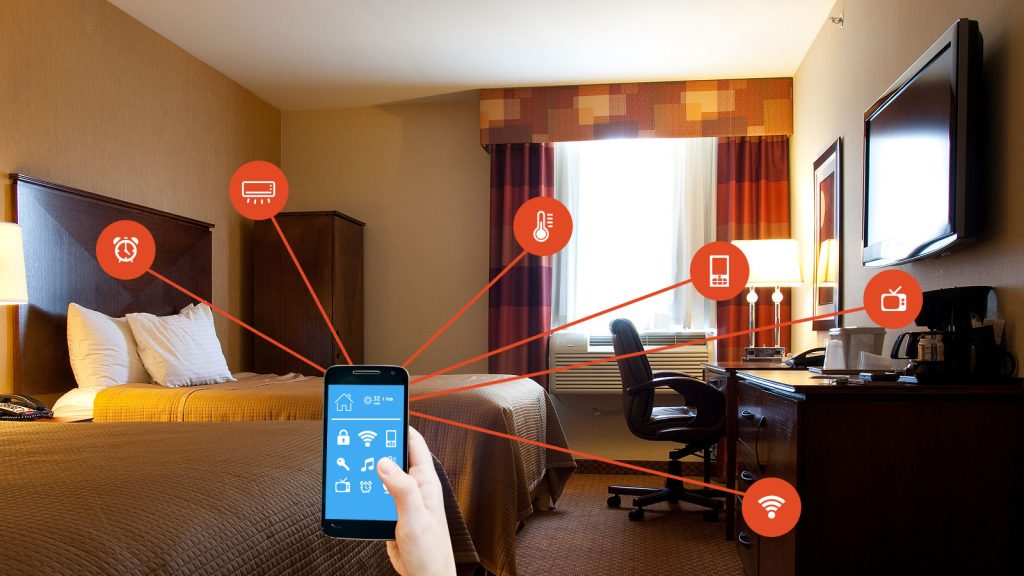
Hotel technology companies are revolutionizing the hospitality industry, transforming the way hotels operate and guests experience their stays. The rise of these companies has been fueled by the increasing demand for seamless, personalized, and tech-driven experiences, forcing hotels to adapt to the digital age.
These companies offer a wide range of solutions, from property management systems (PMS) to guest engagement platforms, enabling hotels to streamline operations, enhance guest satisfaction, and optimize revenue. From integrating mobile check-in and digital keys to leveraging data analytics for personalized recommendations, these technologies are shaping the future of the hospitality industry.
The Rise of Hotel Technology
The hospitality industry is undergoing a digital transformation, with technology playing a crucial role in shaping the future of travel and guest experiences. From online booking platforms to smart room technologies, hotels are embracing innovation to enhance efficiency, improve guest satisfaction, and stay competitive in a rapidly evolving market.
Factors Driving Technology Adoption
The adoption of technology in the hospitality industry is driven by several key factors, including:
- Increased Guest Expectations: Guests today expect seamless, personalized experiences, similar to what they encounter in other aspects of their lives. They demand access to information, booking options, and services at their fingertips, often through mobile devices.
- Competition: The rise of online travel agents (OTAs) and alternative accommodations, such as Airbnb, has increased competition in the hospitality sector. Hotels need to differentiate themselves by offering innovative and tech-driven experiences to attract and retain guests.
- Operational Efficiency: Technology can streamline hotel operations, from automating tasks like check-in and checkout to managing inventory and staff schedules. This leads to cost savings and improved efficiency, allowing hotels to focus on providing exceptional guest service.
- Data Analytics: Technology enables hotels to collect and analyze vast amounts of data about guest preferences, booking patterns, and operational performance. This data can be used to personalize guest experiences, optimize pricing strategies, and improve decision-making.
Challenges Faced by Hotels
Despite the numerous benefits, hotels face challenges in adopting and implementing technology effectively. These challenges include:
- Investment Costs: Implementing new technologies can be expensive, requiring significant upfront investment in hardware, software, and training. This can be a barrier for smaller hotels with limited budgets.
- Integration and Compatibility: Integrating different technologies and systems can be complex, requiring careful planning and expertise. Compatibility issues between different platforms can also pose challenges.
- Data Security and Privacy: Hotels handle sensitive guest data, such as personal information and payment details. Ensuring data security and privacy is paramount, requiring robust security measures and compliance with regulations.
- Staff Training and Adoption: Implementing new technologies requires training staff to use and understand them effectively. Resistance to change and a lack of technical skills can hinder adoption and impact operational efficiency.
Transformation of the Guest Experience
Technology has revolutionized the guest experience, offering numerous benefits:
- Online Booking and Check-in: Guests can now book their stays online, access digital key cards, and check in remotely using mobile apps, eliminating the need for traditional check-in counters. This provides convenience and flexibility for guests.
- Personalized Services: Technology enables hotels to gather data about guest preferences and tailor their services accordingly. This includes personalized recommendations for restaurants, activities, and amenities based on individual needs and interests.
- Smart Room Technologies: Smart room technologies, such as voice assistants, smart thermostats, and automated lighting, enhance guest comfort and convenience. Guests can control room settings and access information and entertainment services with ease.
- Mobile Concierge Services: Mobile apps provide guests with access to concierge services, such as booking spa appointments, ordering room service, and requesting transportation, all from their smartphones.
Key Hotel Technology Companies
The hotel technology landscape is populated by a diverse range of companies, each specializing in different areas to cater to the evolving needs of hotels. These companies offer solutions that streamline operations, enhance guest experiences, and maximize revenue potential.
Prominent Hotel Technology Companies
The following table provides an overview of some prominent hotel technology companies, their focus areas, key products and services, and notable clients:
| Company Name | Focus Area | Key Products/Services | Notable Clients |
|---|---|---|---|
| Oracle Hospitality | Property Management Systems (PMS), Guest Engagement, Revenue Management | Opera Cloud, Simphony, MICROS, Agilysys | Hilton, Marriott, Hyatt, IHG |
| Amadeus | Distribution, Reservation, and Property Management Systems | Amadeus Central Reservation System (CRS), Amadeus Property Management System (PMS), Amadeus Distribution | Accor, Wyndham, Best Western |
| Sabre Hospitality Solutions | Distribution, Reservation, and Property Management Systems | SynXis Central Reservation System (CRS), SynXis Property Management System (PMS), Sabre Hospitality Solutions | Choice Hotels, Radisson Hotel Group, InterContinental Hotels Group |
| Shiji Group | Property Management Systems, Guest Engagement, Revenue Management | Shiji PMS, Shiji Guest Engagement, Shiji Revenue Management | Hyatt, Hilton, Marriott, IHG |
| Cloudbeds | Property Management Systems, Guest Engagement, Revenue Management | Cloudbeds PMS, Cloudbeds Guest Engagement, Cloudbeds Revenue Management | Airbnb, Booking.com, Expedia |
Market Share and Competitive Landscape
The hotel technology market is highly competitive, with several players vying for market share. While Oracle Hospitality, Amadeus, and Sabre Hospitality Solutions are established leaders, emerging companies like Shiji Group and Cloudbeds are gaining traction with their cloud-based solutions. The competitive landscape is characterized by continuous innovation, mergers and acquisitions, and the rise of niche players catering to specific needs.
The market share of leading hotel technology companies is constantly evolving, with new players emerging and established companies adapting to changing market dynamics.
Hotel Technology Solutions

Hotels are increasingly adopting technology to enhance the guest experience, streamline operations, and boost profitability. This section explores some of the most common hotel technology solutions.
Property Management Systems (PMS), Hotel technology companies
Property Management Systems (PMS) are the backbone of hotel operations, centralizing and managing various aspects of hotel management.
- Guest Management: PMS handles guest bookings, check-in/check-out processes, room assignments, and guest profiles.
- Inventory Management: PMS tracks room availability, rates, and restrictions, enabling efficient inventory management.
- Financial Management: PMS integrates with payment gateways, manages billing, and generates reports for financial analysis.
- Operations Management: PMS facilitates tasks like housekeeping management, maintenance requests, and staff scheduling.
PMS benefits hotels by automating routine tasks, reducing errors, improving operational efficiency, and providing valuable data for decision-making.
Guest Relationship Management (CRM)
Guest Relationship Management (CRM) systems are designed to manage guest interactions, build customer loyalty, and personalize the guest experience.
- Guest Data Collection: CRM gathers guest preferences, booking history, and feedback to create comprehensive guest profiles.
- Personalized Communication: CRM enables hotels to send targeted marketing messages, promotions, and offers based on guest preferences.
- Guest Feedback Management: CRM facilitates guest surveys, reviews, and feedback collection, allowing hotels to address concerns and improve service.
- Loyalty Program Management: CRM supports loyalty program management, rewarding repeat guests and fostering long-term relationships.
CRM benefits hotels by enhancing guest satisfaction, building brand loyalty, and driving repeat business.
Revenue Management Systems (RMS)
Revenue Management Systems (RMS) use sophisticated algorithms to optimize hotel pricing and inventory strategies, maximizing revenue potential.
- Demand Forecasting: RMS analyzes historical data and market trends to predict future demand for rooms.
- Pricing Optimization: RMS recommends optimal pricing strategies based on demand, competition, and other factors.
- Inventory Control: RMS manages room availability, restricting inventory based on demand and pricing strategies.
- Channel Management: RMS integrates with online travel agencies (OTAs) and other distribution channels to ensure consistent pricing and availability.
RMS benefits hotels by increasing revenue, optimizing occupancy rates, and improving profitability.
Channel Management Systems
Channel Management Systems (CMS) automate the distribution of hotel inventory across various online travel agencies (OTAs), global distribution systems (GDS), and the hotel’s website.
- Inventory Synchronization: CMS ensures real-time updates of room availability across all distribution channels.
- Rate Management: CMS allows hotels to set and manage rates consistently across all channels.
- Booking Management: CMS manages bookings from different channels, providing a centralized platform for reservation management.
- Reporting and Analytics: CMS generates reports on channel performance, helping hotels identify the most effective distribution channels.
CMS benefits hotels by expanding their reach, increasing visibility, and simplifying distribution management.
Digital Key and Mobile Check-in
Digital Key and Mobile Check-in solutions allow guests to access their hotel rooms using their smartphones, eliminating the need for traditional key cards.
- Mobile Check-in: Guests can check in remotely using their smartphones, reducing waiting times at the front desk.
- Digital Key: Guests can unlock their room doors using their smartphones, providing a seamless and convenient experience.
- Enhanced Security: Digital keys offer enhanced security compared to traditional key cards, as they are encrypted and can be remotely disabled.
- Guest Convenience: Mobile check-in and digital keys provide guests with greater flexibility and control over their stay.
Digital Key and Mobile Check-in solutions enhance guest convenience, improve operational efficiency, and provide a more secure and personalized guest experience.
Guest Wi-Fi and Internet Services
Reliable and high-speed Wi-Fi is essential for modern travelers. Hotels invest in robust Wi-Fi infrastructure to provide seamless connectivity for guests.
- High-Speed Connectivity: Hotels offer high-speed Wi-Fi to ensure guests can easily access the internet for work, entertainment, and communication.
- Secure Network: Hotels prioritize network security to protect guest data and prevent unauthorized access.
- Guest Portal: Hotels may provide a guest portal with information about the hotel, local attractions, and services.
- Wi-Fi Analytics: Hotels use Wi-Fi analytics to track guest usage patterns and identify areas for improvement.
Providing reliable Wi-Fi connectivity enhances guest satisfaction, allows hotels to provide additional services, and collects valuable data for business insights.
Guest Communication Platforms
Guest communication platforms allow hotels to interact with guests in real-time, providing personalized service and addressing guest needs.
- Messaging Apps: Hotels use messaging apps like WhatsApp or Facebook Messenger to communicate with guests before, during, and after their stay.
- In-Room Tablets: Some hotels provide in-room tablets that allow guests to order room service, access hotel information, and communicate with staff.
- Interactive TV: Hotels can use interactive TV systems to provide guests with information about the hotel, local attractions, and services.
- Automated Chatbots: Hotels use chatbots to provide instant responses to guest inquiries and automate routine tasks.
Guest communication platforms improve guest satisfaction, streamline communication, and enhance the overall guest experience.
Emerging Trends in Hotel Technology
The hotel industry is rapidly evolving, with technology playing a pivotal role in shaping the guest experience and driving operational efficiency. Emerging trends are revolutionizing how hotels operate and interact with their guests. This section explores some of the key technologies driving this transformation.
The Impact of AI and ML on Hotel Operations
Artificial intelligence (AI) and machine learning (ML) are transforming various aspects of hotel operations. AI-powered systems can analyze vast amounts of data to gain valuable insights into guest preferences, optimize pricing strategies, and personalize guest experiences. For example, AI-powered chatbots can provide 24/7 guest support, answer frequently asked questions, and even assist with booking reservations.
ML algorithms can predict guest behavior, such as their likelihood to book a room or request specific amenities. This information can be used to personalize marketing campaigns and enhance guest satisfaction. Additionally, AI can be used to automate repetitive tasks, such as room cleaning schedules and inventory management, freeing up staff to focus on more guest-centric activities.
Voice Assistants, Virtual Reality, and Augmented Reality in Hotels
Voice assistants like Amazon Alexa and Google Assistant are becoming increasingly popular in hotels. Guests can use voice commands to control room temperature, order room service, and request information about local attractions.
Virtual reality (VR) offers exciting opportunities for immersive experiences in hotels. VR tours can allow potential guests to virtually explore hotel rooms and amenities, enhancing their booking decision-making process. VR can also be used to create interactive experiences for guests, such as virtual tours of historical landmarks or simulated cooking classes.
Augmented reality (AR) can enhance the guest experience by overlaying digital information onto the real world. For instance, AR apps can provide guests with directions within the hotel, highlight nearby attractions, or offer interactive menus with detailed descriptions of dishes.
Data Analytics and Business Intelligence for Hotel Performance
Data analytics and business intelligence (BI) are essential for hotels to understand their guests, optimize operations, and make informed decisions. By collecting and analyzing data from various sources, such as guest feedback, booking patterns, and website traffic, hotels can gain valuable insights into guest preferences, identify areas for improvement, and personalize their services.
For example, data analytics can help hotels understand which marketing channels are most effective, identify guest segments with high spending potential, and optimize pricing strategies to maximize revenue. BI tools can provide real-time dashboards that track key performance indicators (KPIs) such as occupancy rates, average daily rate (ADR), and guest satisfaction scores. This allows hotel managers to monitor performance, identify trends, and make data-driven decisions.
The Future of Hotel Technology: Hotel Technology Companies
The future of hotel technology is bright, with exciting advancements poised to revolutionize the guest experience and transform the industry landscape. From hyper-personalized services to seamless integration of technology, the future holds immense potential for hotels to enhance efficiency, sustainability, and guest satisfaction.
Automation and Personalization in the Guest Experience
The rise of artificial intelligence (AI) and machine learning (ML) will empower hotels to automate various tasks, streamlining operations and freeing up staff to focus on delivering exceptional guest experiences. AI-powered chatbots will handle guest inquiries, provide personalized recommendations, and manage bookings, while robotic assistants will handle tasks such as room service and luggage delivery.
- Personalized Recommendations: AI algorithms will analyze guest preferences and past behavior to curate personalized recommendations for dining, entertainment, and activities, enhancing the overall guest experience.
- Voice Control and Smart Home Features: Voice-activated assistants and smart home technology will allow guests to control room temperature, lighting, and entertainment systems with ease, creating a more comfortable and convenient stay.
- Predictive Maintenance: AI-powered systems can monitor equipment and predict potential failures, enabling proactive maintenance and minimizing downtime, ensuring a smooth and uninterrupted guest experience.
Technology for Sustainable and Environmentally Friendly Hotels
Technology will play a pivotal role in creating sustainable and environmentally friendly hotels. Energy-efficient building management systems, smart thermostats, and intelligent lighting controls will optimize energy consumption, reducing carbon footprint and operational costs.
- Smart Water Management: Advanced sensors and smart meters will monitor water usage, identify leaks, and optimize water consumption, promoting water conservation and reducing waste.
- Waste Reduction and Recycling: AI-powered systems can track waste generation and optimize waste management practices, promoting recycling and reducing landfill waste.
- Green Technology Integration: Hotels can integrate renewable energy sources like solar panels and wind turbines, reducing reliance on fossil fuels and promoting sustainable energy practices.
Final Review
As technology continues to evolve, we can expect even more innovative solutions to emerge, further enhancing the guest experience and driving efficiency in hotel operations. The future of hospitality is undoubtedly intertwined with technology, and hotel technology companies are at the forefront of this exciting transformation.
Hotel technology companies are constantly innovating to enhance guest experiences, and one area that’s gaining traction is noise reduction. The Quiet Technologies Halo Headset offers a prime example of this, with its advanced noise cancellation technology designed to create a serene environment for guests.
This kind of technology, when integrated into hotel rooms or common areas, can significantly contribute to a more relaxing and enjoyable stay.



